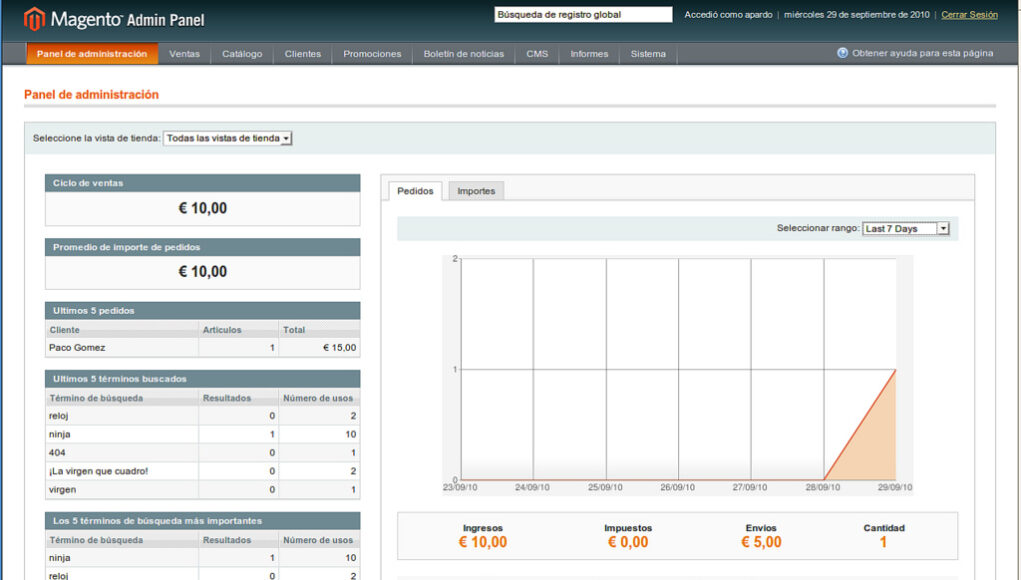Do you know that if images are not optimized, it can greatly impact the loading speed of your website? 50% of your website visitors will bounce off if it takes more than three seconds to load the website. Therefore it is crucial for your eCommerce store that all the images are optimized to ensure improved performance and better user experience.
The most effective way to optimize images is to convert JPEG images into WebP images. WebP files are smaller in size and quicker to load, hence decreasing the laid time of your Magento website. You can easily convert and optimize your images through extensions such as Magento 2 WebP Images. This improves the overall image quality and performance of your Magento website.
What is WebP Format?
WebP is a file format introduced by Google in 2010.. As stated by Google, WebP is an image format that offers better lossless compression of images on the web. Since the format was created by Google, it will be beneficial for the SEO of your eCommerce store. Using WebP images results in better store performance, more traffic, low bounce rate, fast loading speed, and improved rankings in the search engine results pages.
Now that we know what a WebP image format is, let’s move on to how WebP images improve Magento website loading speed and overall performance.
Improve Magento Website Loading Speed with WebP Images
The sole purpose of using WebP images is to decrease website loading time. WebP images achieve this by reducing the file size without compromising the quality of the images. This is much more important on the web, where the reduction of each KB contributes to a faster loading time and enhanced user experience.
WebP Reduce File Size
Previously reducing the size of the file will result in distortion and low quality. Thanks to the WebP images tool, this is no longer an issue. By using the Magento WebP Images extension you can reduce the size of your images by as much as 50% without any compromise on quality. Moreover, a smaller size image will use less space and hence less load on your website. This way you can improve the loading time of your website.
SEO Optimized Website
Google’s ranking algorithms are continuously evolving, which makes it hard to determine which ranking factors are still relevant. However, there is no debate that website loading speed and performance remain crucial for achieving high rankings. With advanced image optimization to WebP images, loads the webpage faster which elevates the user experience and search engine rankings of your Magento website.
Fast Loading Magento Website
Images are the largest part of data in any eCommerce store. If your images are big in size, they will significantly affect the speed of your website. So far we have discussed several times how important website loading speed is. The biggest use of WebP is the format is without a doubt the reduction of file size. Since users don’t want to wait for websites to load, they will leave your website if it takes more than a few seconds to load. Magento 2 WebP Images extension can enhance the loading speed of your website by converting legacy file formats into WebP formats, reducing file size while keeping the image quality intact.
Automatic Conversion to WebP Format
Most eCommerce stores have at least thousands of images to process. Which makes it intimidating for you to convert all of them manually. By using the Magento 2 WebP Images extension, you can convert all your legacy format files into WebP in bulk actions. You have two conversion methods to choose from.
- Convert files to WebP when Webpage Loads
- Use the CLI command to convert files
Whichever method you choose, you can automate the conversion process and convert thousands of files with just a few clicks.
Allow Lazy Loading
Lazy loading is the practice of displaying limited visual content until they are needed to be displayed. This improves system performance and saves resources. Through WebP images reduce the webpage loading time by utilizing lazy loading. Your webpage will display limited visual content and will display content as the user scrolls down. This feature is much useful for eCommerce stores having lots of images. Since loading hundreds and thousands of images won’t slow down your loading time.



























